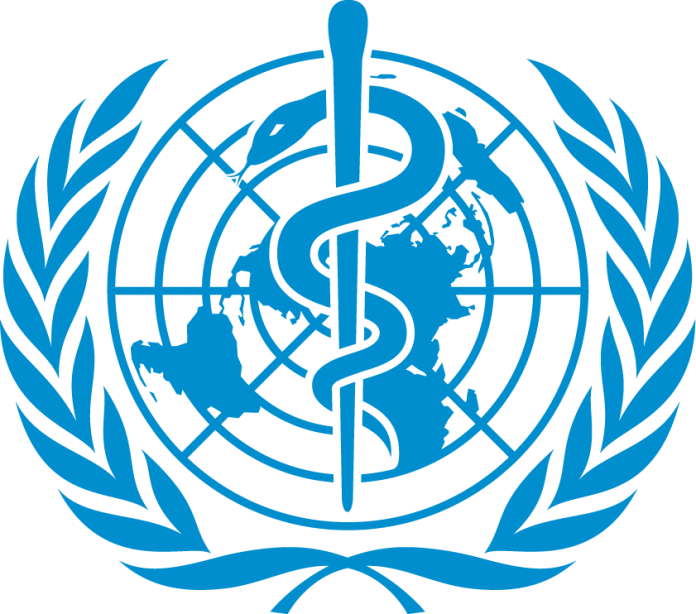The World Health Organization (WHO) is collaborating with the Kogi State Government to address the ongoing cholera outbreak and to improve surveillance for other Health Security concerns.
The Kogi State Government recently held a town hall meeting to rally multi-level state leadership for the Cholera outbreak response.
Dr. Walter Kazadi Mulombo, WHO Representative in Nigeria, addressed at the meeting via a zoom link and praised the state administration for bringing together the diverse state leaders, which included local government chairmen, traditional, religious, and private sector leaders in the state.
He emphasized the significance of increasing surveillance for all epidemic-prone diseases and other health security challenges in the state.
He stressed the critical significance of greatly improving government surveillance and response capabilities.
He commended the Kogi State Government for quickly containing the cholera outbreak and emphasized the importance of building on previous successes with additional investments in critical areas to reduce the risk of multiple disease outbreak threats such as COVID-19, cholera, Lassa Fever, Yellow Fever, Cerebral Spinal Meningitis, vaccine-derived polio virus, and others.
He believes that providing additional laboratory reagents and testing kits, encouraging staff, improving community awareness, providing treatment centers and supplies, and training health workers can help achieve this.
The town hall meeting was sponsored by WHO as a platform to galvanize state leadership, review the response to the ongoing cholera outbreak, and raise public awareness about the importance of good health practices.
Nigeria has reported periodic cholera outbreaks in numerous states, notably Kogi State, since the beginning of 2021.
As of October 3rd, the number of confirmed and suspected cases recorded countrywide (88, 704) exceeded the number of cases reported in 2000 and 2019.
As a result of delayed diagnosis and treatment of initial cases, Kogi State has recorded 151 suspected cases, 34 deaths, and a 22.5 percent case fatality ratio.
This was immediately remedied with the establishment of four treatment centers, the abolition of user fees, medical supplies, increased cholera surveillance, training of health professionals, and community indoctrination on best practices for water, sanitation, and hygiene.
Since week 34, the state has not reported any new instances.
Cholera is an acute diarrheal infection of food or water contaminated with the bacterium Vibrio Cholerae. Cholera is fatal if not quickly treated.
Dr Mulumbo, however, assured that WHO will continue to work closely with Kogi state to support capacity building for evidence-based decision making and ensure effective guidance on monitoring and evaluation of your policies and interventions on health.
“I would therefore encourage your Excellency to accelerate the implementation of the Basic Health Care Provision Funds (BHCPF) activities, address the inadequacies, maldistribution and motivation of skilled health personnel, and pursue to obtain the full benefits of rolling out of the State Health Insurance Scheme” he said.
Meanwhile, Kogi State Governor, Yahaya Bello appreciated WHO for its support and assured that the state government would not relent to provide health security for its citizens.
The governor who was represented by his Deputy, Chief Edward Onoja, said some of the government’s achievements in the health sector included – the construction of a new referral tertiary hospital in Okene, the renovation of the specialist in Lokoja, the renovation of other general hospitals across LGAs in the state, the establishment of the Kogi State Health Insurance Agency and enactment of the Primary Health Care Under One Roof Law.
He said while the government is doing its part to provide amenities for the residents, they should play their part by imbibing hygienic practices because most outbreaks like cholera are traceable to poor hygiene.
He, therefore, called on the traditional and religious leaders to be vanguard for public health issues and sensitize their people about the importance of maintaining good hygiene. He also urged organised labour to sensitise their members on the importance of the health insurance scheme and the need to subscribe to reduce medical out of pocket expenses among the people of the state.
The town hall meeting was attended by government officials, traditional and religious leaders, local government chairmen, market women, organized labour leaders and health experts.
WHO is currently supporting Kogi state in all pillars relating to health emergencies including Cholera, Covid-19, and other Vaccine-Preventable Disease outbreaks. In line with the WHO Transformation Agenda, and the Country Cooperative Strategy, the WHO Nigeria is focusing on shaping priorities and investments to improve Universal Health Coverage and provide resilience for health insecurities.

